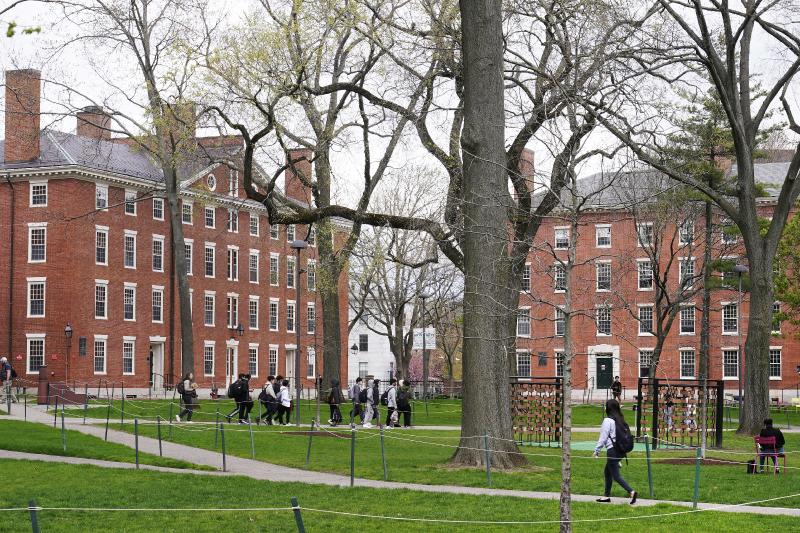The Graduation Speech That Changed the World
By: William Lambers (Hartford Courant)



When Harvard University held its graduation on June 5, 1947, the commencement address was only 11 minutes long. But that short speech, delivered by U.S. Secretary of State George Marshall, was instrumental in winning the peace after World War II.
Marshall, who was Chief of the Army during World War II, proposed a European recovery program that became known as the Marshall Plan. At Harvard, Marshall also set forward the guiding principles for what American foreign policy should be after the war and beyond. It's up to each generation to listen.
In 1947, Europe was still struggling to recover from the destruction of World War II. Nations don't bounce back overnight from war. In textbooks you see the date of a war ending, but you don't see the struggles that linger long after the last shot has been fired. World War II was the biggest war in history. The recovery was also going to be the biggest.
Marshall understood that the needs in Europe were massive. The United States needed to help Europe or they may collapse into chaos. Marshall said at Harvard, "The truth of the matter is that Europe's requirements for the next three or four years of foreign food and other essential products — principally from America — are so much greater than her present ability to pay that she must have substantial additional help or face economic, social, and political deterioration of a very grave character. "
What guided the Marshall Plan was a basic idea of a humanitarian foreign policy. As Marshall said "Our policy is directed not against any country or doctrine but against hunger, poverty, desperation and chaos. Its purpose should be the revival of a working economy in the world so as to permit the emergence of political and social conditions in which free institutions can exist."
A Europe reeling from hunger and poverty could not possibly rebuild from World War II. There could be no peace under such desperation. So urgent were the humanitarian needs that Marshall would later propose an interim aid program to precede the Marshall Plan. This stopgap aid of food and other materials for Austria, Italy and France was passed in December 1947.
The Spirit of the Marshall Plan began to captivate America. Citizens carried out their own little "Marshall Plans" when sending a CARE package of food overseas. The Friendship Train that ran coast to coast in the fall of 1947 collected food donations for Europe.
In 1948, Congress approved the Marshall Plan and generous aid followed that helped the rebuilding of Europe. The winning of the peace in Europe through the Marshall Plan was one of the biggest moments of the Cold War. It saved Europe from hunger, chaos and political instability. It may very well have prevented another war.
Today we should remember those guiding principles of the Marshall Plan especially as the world reels from conflict and extreme hunger. There are 345 million people worldwide who are desperate for food aid in war-torn countries like Sudan, Congo, Haiti, and Yemen.
US, Saudi Arabia call for warring sides in Sudan to extend 'imperfect' cease-fire
There cannot be world peace if the cries of hunger are ignored. There must be food, agricultural and economic development everywhere.
That is why legislation like the Farm Bill is so critical as it includes programs to fight world hunger like Food for Peace and the McGovern-Dole global school lunch program.
Harvard students may well have appreciated a short commencement address that June day. But they and the whole world appreciated Marshall's timeless speech on what a foreign policy for peace is all about.
William Lambers is the author of The Road to Peace and partnered with the UN World Food Program on the book Ending World Hunger. His writings have been published by the New York Times, History News Network, Chicago Tribune and Cleveland Plain Dealer.





Regardless of how one felt about the Marshall Plan or what Europe eventually became, history will record that only one civilizantion was so generous and so decent. It was the high water mark for the nation. Let us teach our children.
There is no doubt that the United States was generous and magnanimous toward war torn Europe. But it could never be entirely a selfless purpose. America needed a surviving and thriving Europe as a trade partner and as a market for American products.
America needed to make sure Europe was not dominated by the Soviet Union and that was truly a noble act.